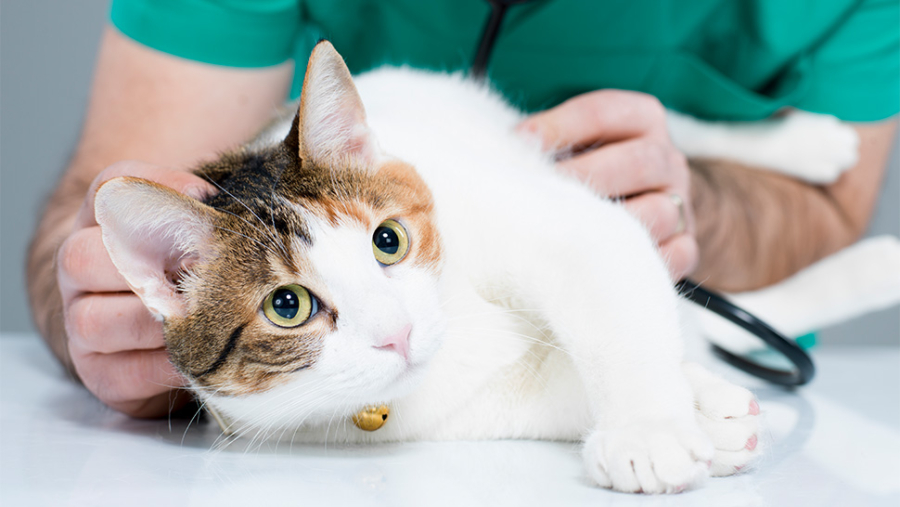
‘Black market’ veterinary medicines – educating your clients against buying unsafe drugs
22nd July 2022

Recent worrying reports across the sector have highlighted how pet owners are turning to ‘black market’ drugs as the cost-of-living crisis continues.
Aside from the obvious risks to animals in owners administering potentially dangerous substances, this issue can place vets in an awkward position with regards to their clients.
First, it is always difficult to sell a product that either is, or is perceived to be, more expensive than your client can buy elsewhere.
Second, the professional codes for vets and nurses require them to be open and honest with clients and respect their needs and requirements.
However, while vets, vet nurses and customer-facing staff must not indulge in scare tactics or mislead clients, they are able to educate their customers in the hope of dissuading them from buying illegal drugs.
Although qualified vets and nurses may be familiar with the legal restrictions placed on retail sales of veterinary medicines, your staff are probably not aware. This might be a lost opportunity to educate your clients.
All staff, from vet to receptionist, can explain:
- There are strict rules about the sale of veterinary medicines. Those rules exist to protect pets
- Authentic veterinary medicines go through rigorous procedures to ensure they are safe before being authorised for sale
- There is a specialist body which is solely responsible for regulating veterinary medicines – the Veterinary Medicines Directorate
- Only a vet, pharmacist or suitably qualified person can sell veterinary medicines
- Veterinary drugs can only be legally sold from registered or approved premises which are located within the United Kingdom
- Buying drugs from the vet who has examined an animal is the same as any other situation in which a customer buys both services and products from the same person – it means any complaint can be more easily dealt with
If the client is still interested in buying online, all staff can further explain:
- As a veterinary practice, you accept that it is indeed possible to buy prescription drugs online. In fact, there is a voluntary scheme – the Accredited Internet Retailer Scheme run by the Veterinary Medicines Directorate – to which responsible e-retailers sign up
- Those registered internet retailers are obliged to follow strict procedures about the drugs they dispense and keep detailed records
- They have to provide a lot of standard information on their websites, such as a physical address, the name of the Responsible Qualified Person who runs the retail business, a complaints procedure and a logo which allows consumers to identify the retailer is signed up to the Accredited Internet Retailer Scheme
- It is also possible for your client to check the list of accredited retailers with the Veterinary Medicines Directorate
- So, for customers who are determined to buy online, your veterinary practice urges them to buy only from registered retailers.
Finally, all staff can then explain that, for all these reasons, your practice is urging its customers not to buy cheap drugs being dispatched online from abroad. The very fact that it is sent into the UK from abroad is a red flag that it is not legal and therefore not to be trusted to be effective or even be safe for their pet.
While it may seem counter-intuitive to appear to be referring determined customers to online retailers, in fact, veterinary practices may benefit in goodwill from their clients recognising that they are being honest and impartial and acting in the best interests of their pets.
If just one pet is saved from black market, unsafe drugs by such explanations, even if it means losing sales of the practice’s own products, you will have discharged your own professional obligations.










